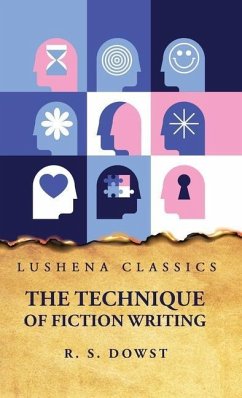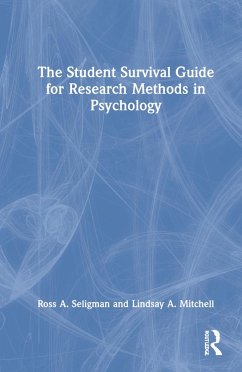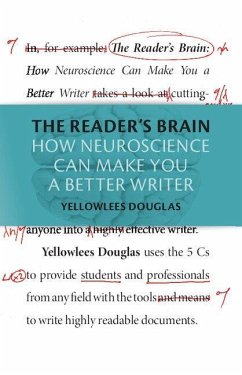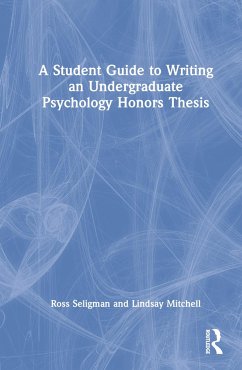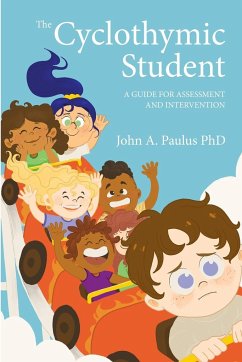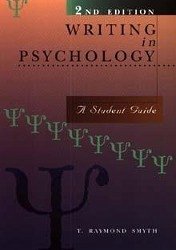Nicht lieferbar
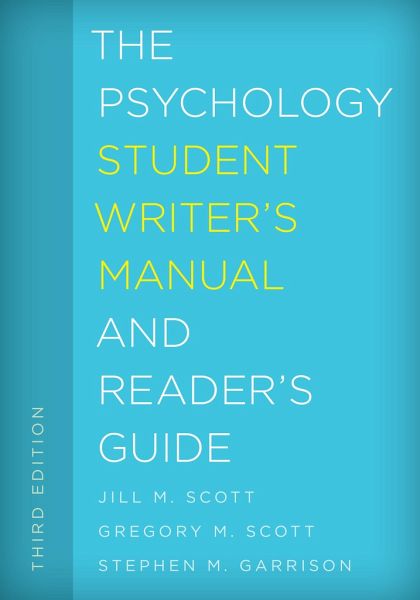
The Psychology Student Writer's Manual and Reader's Guide
Versandkostenfrei!
Nicht lieferbar




This is a supplemental text for all psychology courses that facilitates, invigorates, and enhances student learning by teaching students to read and write effectively.
Gregory Scott, University of Central Oklahoma, Emeritus Professor Gregory Scott is Professor Emeritus and former Chair of the Department of Political Science at the University of Central Oklahoma. Scott received a BA from Ohio Wesleyan University, an M.Div. from Oral Roberts University, and an MA and a PhD in political philosophy from the University of Virginia. He taught an array of political science courses, specializing in political philosophy (ancient, medieval, modern and contemporary) and religion and politics. He is the faculty editor for CHOICES: An American Government Reader (Pearson Higher Education, 2000-2013) and is author or co-author of eleven political science and writing texts published by Pearson Higher Education. Stephen Garrison, University of Central Oklahoma, Professor Stephen Garrison is Professor of English and Creative Writing, former Chair of the Department of English, and Director of the Creative Writing Program at the University of Central Oklahoma (UCO). He received a BA and an MA from Baylor University and a PhD from the University of South Carolina. Garrison teaches writing, creative writing, fiction, and poetry. Author of the novel Shoveling Smoke (Chronicle Books 2003), Garrison has co-authored seven writer's manuals in separate disciplines with Gregory Scott and has published numerous scholarly works.
Produktdetails
- Verlag: Globe Pequot Publishing Group Inc/Bloomsbury
- 3rd edition
- Seitenzahl: 176
- Erscheinungstermin: 2. März 2018
- Englisch
- Abmessung: 257mm x 178mm x 13mm
- Gewicht: 458g
- ISBN-13: 9781442266988
- ISBN-10: 1442266988
- Artikelnr.: 50439291
Herstellerkennzeichnung
Libri GmbH
Europaallee 1
36244 Bad Hersfeld
gpsr@libri.de
Für dieses Produkt wurde noch keine Bewertung abgegeben. Wir würden uns sehr freuen, wenn du die erste Bewertung schreibst!
Eine Bewertung schreiben
Eine Bewertung schreiben
Andere Kunden interessierten sich für




